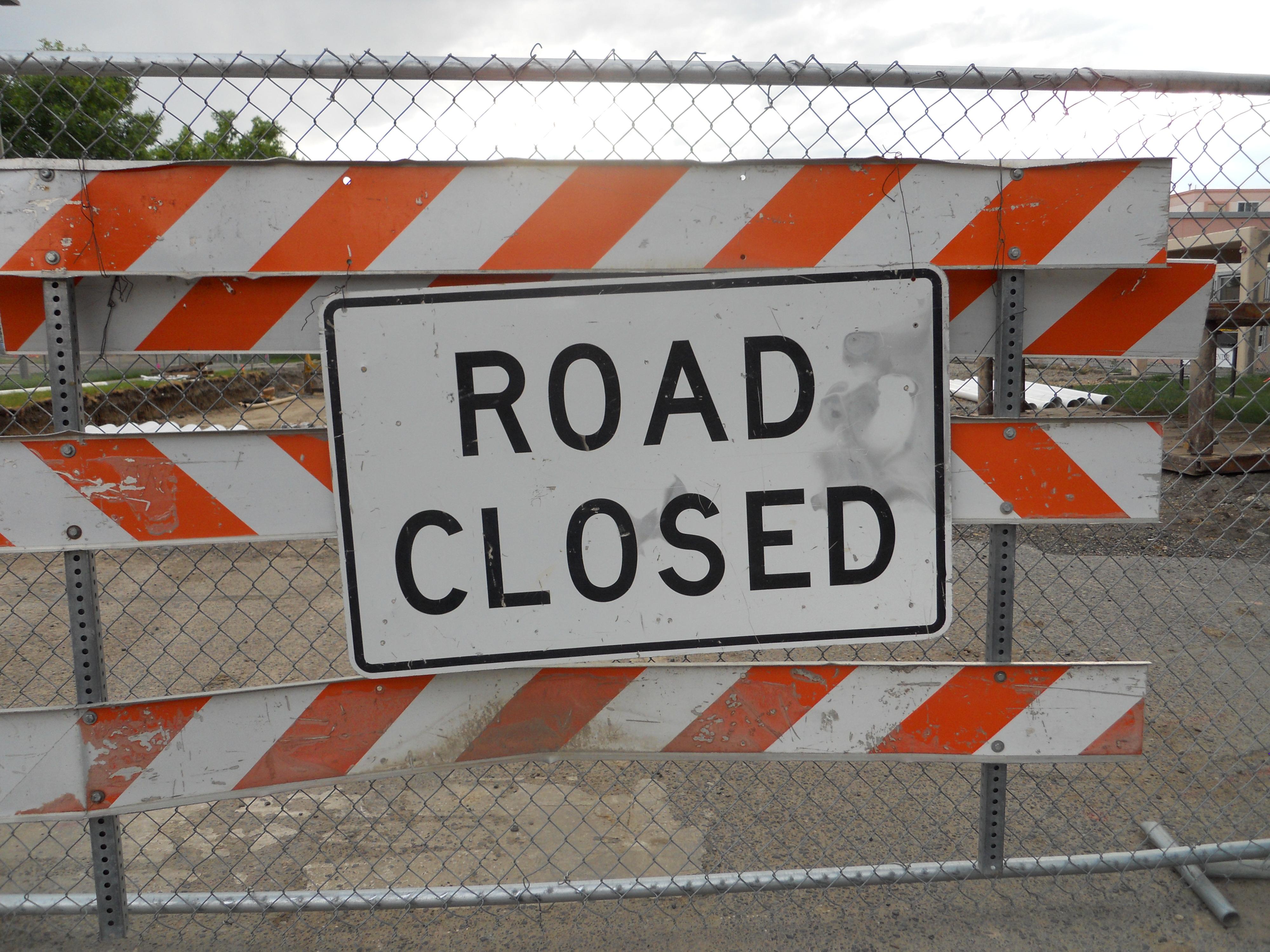
03 Aug Choosing tax-free bonds
Photo: jppi/morguefile.comQ. There are lots of municipal bonds out there, but I have no idea how to choose some. Can you give me some tips?
A. Lots of investors are attracted to municipal bonds because of their favorable tax status.
And you’re right. There’s lots to choose from.
Generally, you should start by looking at a bond’s rating,
Consider going with the top-rated munis, for example, those rated as Aaa or Aa by Moody’s, said Alison Williams, a certified financial planner with Stonegate Wealth Management in Oakland.
She said in an effort to mitigate default risk, you may want to avoid municipal bonds for housing and hospitals. Historically, many defaults have occurred in these sectors, she said.
It is important to understand the source of revenue, she said. Find out where the money come that pays the bondholder will come from. Are they general obligation bonds or direct revenue stream bonds?
“General obligation bonds generally don’t default,” she said. “Although you may need to settle for a lower interest rate, purchasing bonds that are insured will mitigate default risk. These offerings have back-up payer in the event that an issuer is unable to fulfill its obligation.”
Once you’ve narrowed it down, Williams said, it’s important to understand how the bond will perform in a variety of possible interest rate scenarios. How will the bond do if interest rates decrease? If they stay flat? If they rise? Rise significantly?
Understanding the economics of the area will also help. Williams said you should find out:
• The price of single family homes in the area (ideally over the last 10 years or so)
• The employment rate for the area (Is there high unemployment?)
• Changes in the population (Are people moving in or out?)
• Average annual incomes (Are the above or below the national average?)
Generally, the more financially stable the municipality, the safer the investment, she said.
“If you’re willing to go the extra mile, take a look at the balance sheets and income statements for the municipality over the last few years,” she said. “These are usually available via the town’s .gov web site.”
Try to determine how the assets and liabilities are trending. If the municipality has a high percentage of debt, and has for a while, it may be risky, Williams said.
Keep in mind through the process that one of the main reasons for buying a municipal bond is the tax-free status, she said.
“Munis that are exempt from both federal and state tax are called double-tax-free bonds,” she said. “Those exempt from federal, state, and local tax are often referred to as triple-tax-free bonds.”
These tax advantages can be attained by purchasing municipal bonds from a local authority in a city or state where the purchaser resides.
Email your questions to .
This story was first posted in August 2015.
NJMoneyHelp.com presents certain general financial planning principles and advice, but should never be viewed as a substitute for obtaining advice from a personal professional advisor who understands your unique individual circumstances.
